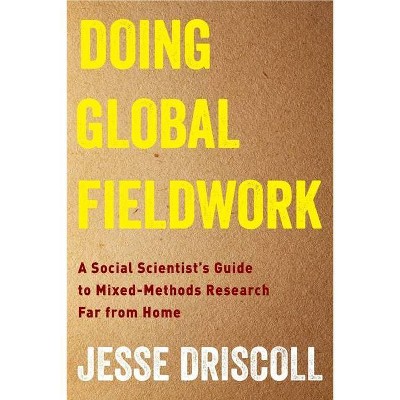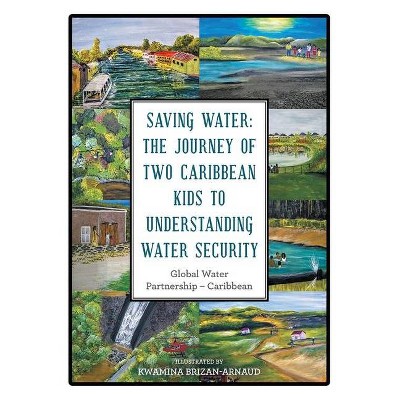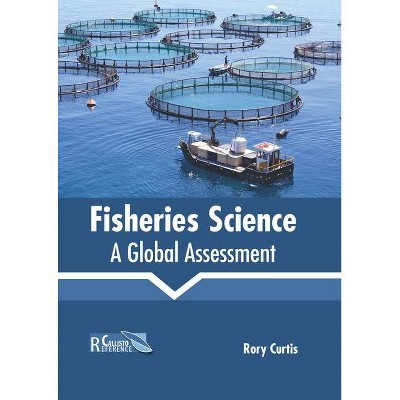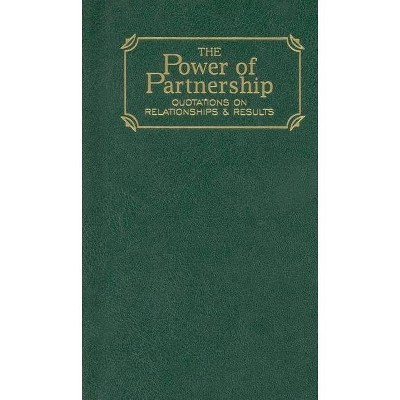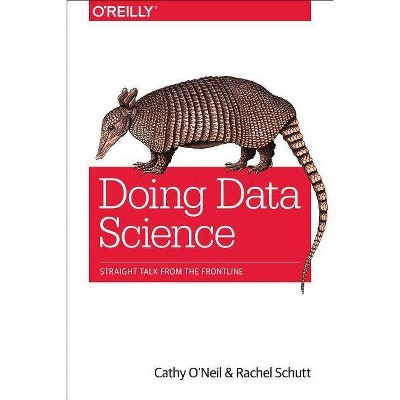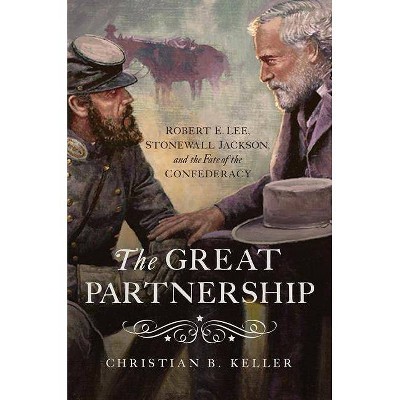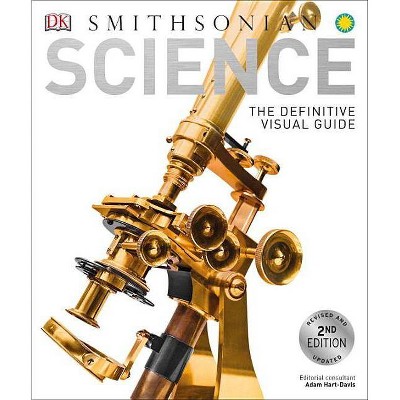Doing Global Science - by Interacademy Partnership (Hardcover)
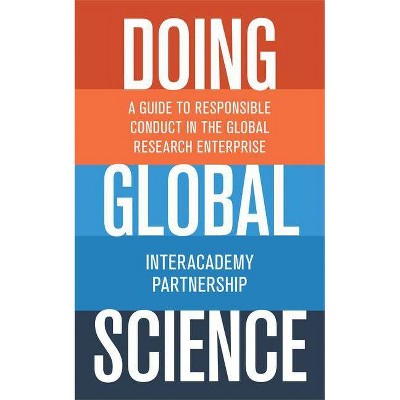
Similar Products
Products of same category from the store
AllProduct info
<p/><br></br><p><b> Book Synopsis </b></p></br></br><p><b>An essential introduction to the responsible conduct of science in today's interconnected world</b> <p/>This concise introductory guide explains the values that should inform the responsible conduct of scientific research in today's global setting. Featuring accessible discussions and ample real-world scenarios, <i>Doing Global Science</i> covers proper conduct, fraud and bias, the researcher's responsibilities to society, communication with the public, and much more. The book places special emphasis on the international and highly networked environment in which modern research is done, presenting science as an enterprise that is being transformed by globalization, interdisciplinary research projects, team science, and information technologies. <p/>Accessibly written by an InterAcademy Partnership committee comprised of leading scientists from around the world, <i>Doing Global Science</i> is required reading for students, practitioners, and anyone concerned about the responsible conduct of science today.<br></p><ul><li>Provides practical guidance and instructions for doing scientific research in today's global setting</li><li>Covers everything from responsible conduct to communication with the public</li><li>Features numerous real-world scenarios drawn from an array of disciplines and national contexts</li><li>Focuses on issues commonly encountered in international collaborations</li><li>Written by a panel of leading experts from around the world</li><li>An essential guide for practicing scientists and anyone concerned about fostering research integrity</li></ul><p/><br></br><p><b> From the Back Cover </b></p></br></br><p>"<i>Doing Global Science</i> is a comprehensive code of conduct for scientific research, and a guide to responsible interactions by researchers with funding agencies, journals, policymakers, the public, and each other. In an interconnected world that is increasingly knowledge based and data driven, the plethora of resources and references in this book is invaluable to scientists and science communicators at all levels."<b>--Maria Spiropulu, California Institute of Technology</b></p><p>"Welcome and timely. Even for an old-style theoretician like myself with a romantic view of science as a totally free adventure, these guidelines are a ringing bell about numerous very real issues that we cannot ignore."<b>--Carlo Rovelli, Aix-Marseille University</b></p><p>"This unique book offers an international perspective on the difficulties and challenges of doing research."<b>--Merav Opher, Boston University</b></p><p>"I thoroughly enjoyed reading this concise and accessible book. <i>Doing Global Science</i> covers a broad range of topics and is full of relevant and extremely useful information."<b>--Ralph R. Ristenbatt III, Pennsylvania State University</b></p><p/><br></br><p><b> Review Quotes </b></p></br></br><br>Clear, sober [and] well-referenced.<b>---Karen Shook, <i>Times Higher Education</i></b><br><br>The book highlights international efforts to set legal and ethical rules for the protection of human subjects. . . . [W]ill help younger generations keep their enthusiasm and values intact as they progress in their careers.<b>---Elisabeth Pain, <i>Science</i></b><br><p/><br></br><p><b> About the Author </b></p></br></br><b>InterAcademy Partnership</b> (IAP) is an umbrella organization formed by the merging of three established interacademy networks. The leadership of the new umbrella organization also includes representatives of four regional networks--in Africa, the Asia/Pacific region, Europe, and the Americas. IAP has 130 member academies, which together reach governments that represent 95 percent of the world's population.
Price History
Price Archive shows prices from various stores, lets you see history and find the cheapest. There is no actual sale on the website. For all support, inquiry and suggestion messages communication@pricearchive.us
